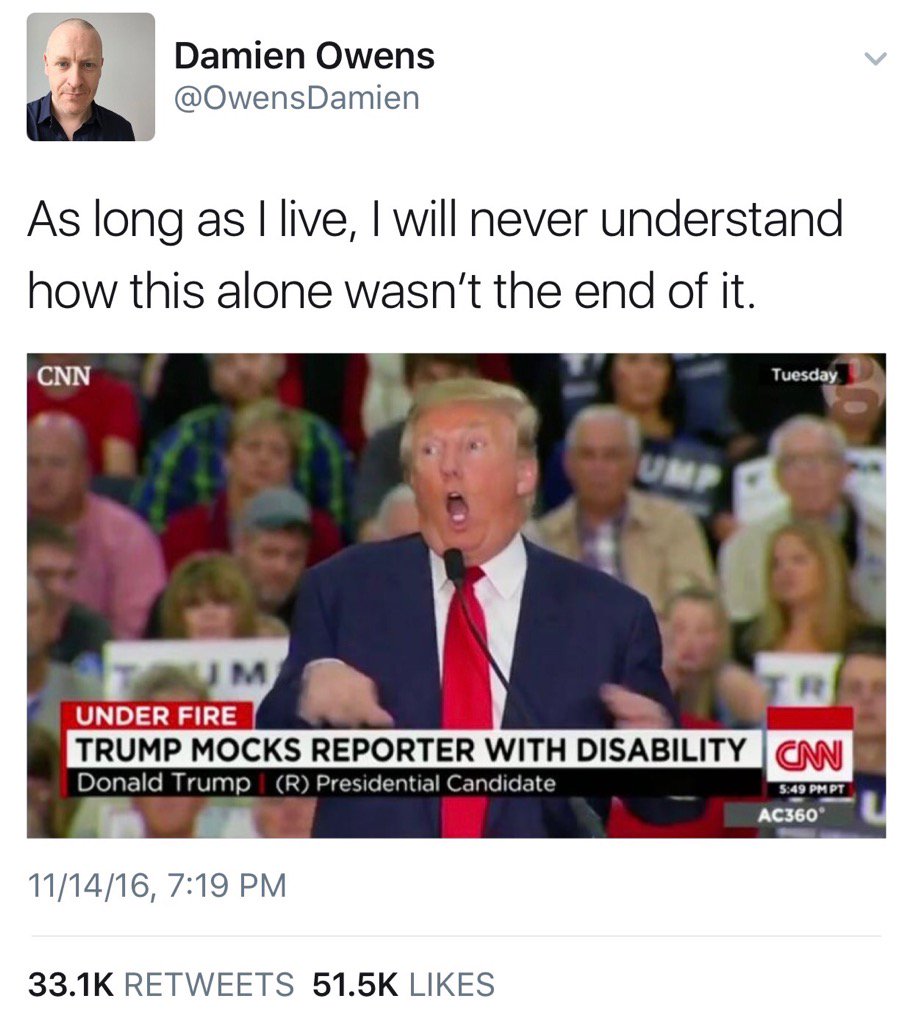On a gorgeous summer night in southern California, an old college acquaintance ended his life by committing suicide.
Our lives diverged after we completed the undergrad program 35 years ago. Our paths didn't cross again, except for brief email exchanges about four years ago.
This suicide is the closest by degrees of separation in thirty years. When I was in graduate school, my roommate took a leave of absence for a semester, and later returned to India. A few months after that, a mutual contact informed me that he had committed suicide.
I cannot begin to imagine the intense pain and suffering that they had felt within for them to decide that ending their lives was the only option that remained.
My analytical mind tells me that there are ways out. Losing one's job, or failed love or marriage, or any unpleasant turn in one's life can be intensely traumatic. There's no question about that. My analytical mind would, therefore, would tell people with suicidal thoughts that there is plenty to live for--family, friends, the places one can visit, ...
Yet, every single day there are people who choose to end their lives.
Philip Brickman was one such person.
At a young age, Brickman had established himself as an expert in the psychology of happiness; yet, he was 39 when he jumped to death in 1982, from the building on the campus of the University of Michigan where he worked.
The essay about Brickman's life and death is lengthy and covers a lot of ground. Including this:
So what do you do, as a clinician or loved one, when faced with such suffering? How do you see them through?
You help them generate thoughts about the future in concrete, specific detail.
You point out, using specific numbers, how many years they lived without thoughts of suicide, versus the number of years they have had such thoughts.
You help them find therapy, ideally cognitive behavioral therapy, and drag them to sessions if you have to.
You take away their ability to kill themselves.
You try to keep them safe.
These efforts may not work. Suicidal people can be determined, and they know how to dissemble, how to feign stability. But you try. Most are relieved when they fail. And approximately half of them, according to the most up-to-date research, will not be feeling suicidal at the same time the following year — or ever again.
I can only hope and wish that many will fail in their attempts to end their lives.
In case there is a reader of this post who has considered such thoughts:
If you are having thoughts of suicide, call the National Suicide Prevention Lifeline at 1-800-273-8255 (TALK). You can find a list of additional resources at SpeakingOfSuicide.com/resources.



